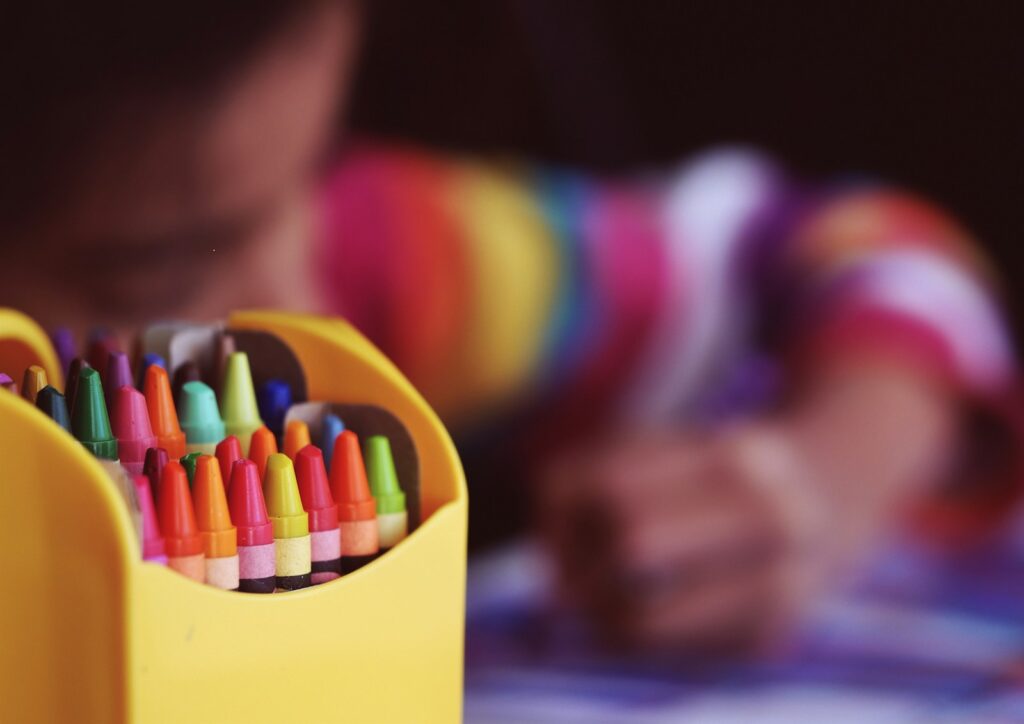Nearly 80% of school and college staff believe mental health issues among children have increased in the past year, a survey has revealed.
More than 10,000 school and college staff were asked to share their thoughts on the mental health of the pupils and students they teach as part of the NEU’s annual State of Education survey.
Nearly 80% said that mental health issues among children and young people have increased in the past year, with 34% of respondents saying they had increased greatly.
While 62% said they believe the government is treating the poor mental health of young people as a low priority and putting pressure on students to catch up.
This is made worse by a lack of access to support services and sufficient staff.
This comes after a study by the Royal College of Psychiatrists revealed that children are bearing the brunt of the Covid-19 mental health crisis.
Dr Mary Bousted, joint general secretary of the National Education Union, is calling on the government to recognise that the wellbeing of young people is just as vital as their learning.
‘The infrastructure to support young people with poor mental health was under considerable strain before Covid, and our survey shows that the situation has worsened over the past twelve months.
‘More research will be necessary, but the increase is all too apparent.
‘We agree with the government’s youth mental health ambassador, Dr Alex George, when he says that young people who have been at home during lockdown need time and patience to re-integrate with on-site learning.
‘That is why our recovery plan has set great store on making the transition the priority, to be properly resourced through additional staff and smaller classes, and by reducing the curriculum and excessive accountability to create the space for that work to be done effectively.
‘Through this, we can guarantee individual attention and identify the needs of every student. But it is not exclusively those who have been learning from home who will have been affected by mental health issues.
‘The disruption to life, to play, to sport, to everyday social interaction, has been stark. The message from education staff is clear, the government has got to recognise that the wellbeing of young people is just as vital as their learning, and that wellbeing impacts significantly on learning.
‘Schools and colleges want to play their part, and take very seriously the wellbeing of their students, but real-terms cuts to school funding have dramatically reduced the specialist support available to them in this important work.
‘All too often the students most in need of support cannot access it. The government must listen to today’s message from the frontline, which is clear and unambiguous.
‘We must all play our part in ensuring that the legacy of Covid does not become a generation of young people with poor mental health. We need solutions for the long term.’
Photo Credit – Pixabay

















Leave a Reply